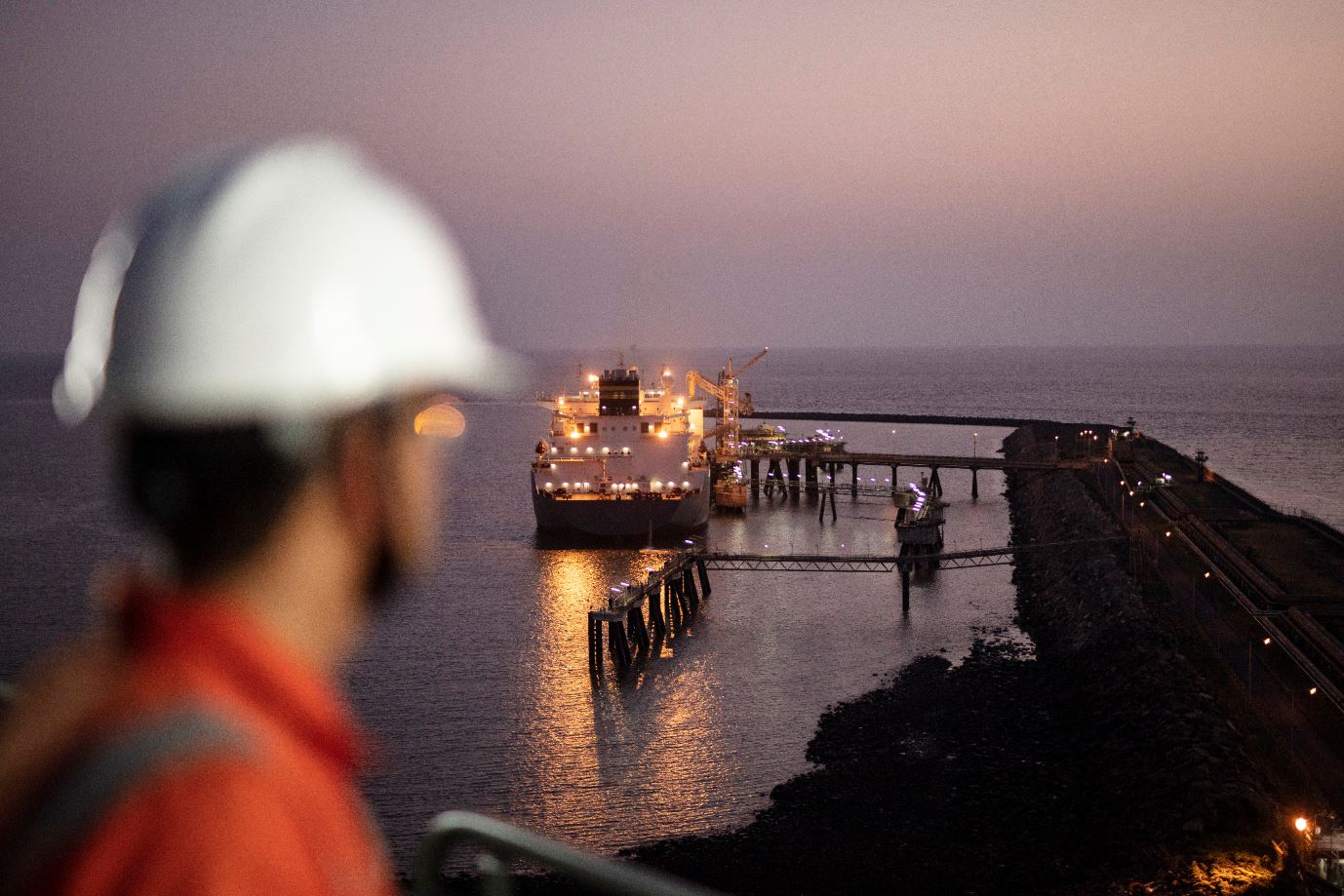Energy giants Shell and Equinor have called on Tanzania to support the stalled LNG export project which includes sending the country’s offshore gas resources to a liquefaction plant in Lindi.
The two firms announced this on Tuesday in an op-ed published in local newsapaper The Citizen. Frederik Grootendorst, Shell’s country chair, and his counterpart in Equinor, Mette Halvorsen Ottoy, signed the piece.
Shell verified the authenticity of the op-ed to LNG Prime.
The move comes just weeks after Tanzania’s new president Samia Suluhu Hassan took office.
“We were pleased to hear President Samia Suluhu Hassan’s recent comments on LNG during the swearing in ceremony of the permanent secretaries where she stressed the need to now progress the LNG project in Tanzania,” the two executives said.
More than 36 Tcf of gas
Equinor and Shell are both operators of large gas discoveries off the country’s coast.
The Norwegian firm has with partner ExxonMobil discovered more than 20 trillion cubic feet of gas in Block 2 offshore Tanzania. Shell says it has about 16 Tcf of natural gas in Block 1 and 4.
Equinor also said in January it had decided to write down the book value of the Tanzania LNG project on the company’s balance sheet by $982 million. The firm started negotiations with the Tanzania government back in 2018 to set out the commercial and fiscal framework for the LNG project.
It previously said that the Block 2 gas would go to the liquefaction plant in Lindi with a potential capacity of 7.5 million tonnes per year. Equinor expected the cost to build such a project to reach about $20 billion.
Shell and Equinor join forces
The two firms revealed in the op-ed they signed a memorandum of understanding in January this year for collaboration on the liquefaction project in Lindi.
Lat year marked a “tectonic shift” in the energy sector due to the Covid-19 pandemic with significant headwinds and shocks that forced many countries and companies to re-evaluate their strategic priorities, Grootendorst and Ottoy said
“Being able to adapt to a constantly changing environment remains a distinct advantage for major international energy companies like Equinor and Shell,” they said.
Shell and Equinor recognise the challenges brought about by current global market dynamics and they “strongly believe” a joint LNG project is the “correct response.”
Collaboration will not only bring the best outcome for Tanzania and for the project but will also make the project more competitive in the global marketplace, they said.
“Further collaboration between the IOCs and their partners Tanzania Petroleum Development Corporation (TPDC) and the government will provide the tools to succeed and ensure that Tanzania LNG can win in the highly competitive global LNG space,” they said.
Tanzania’s LNG could be worth $4.3 billion per year but action needed
Tanzania’s liquefied natural gas in international markets could be worth 10 trillion shillings ($4.3 billion) a year, based on today’s market prices, according to the executives.
However, Tanzania needs to take concrete steps in order to help develop the country’s proposed LNG export project.
“Natural gas has a key part to play in the global energy transition, especially as a complementary fuel for intermittent renewable sources, but the window in which to act to develop new resources is limited,” they said.
“Tanzania is encouraged to do so now by demonstrating its commitment and successfully restarting negotiations on the host government agreement and pledging to conclude them in a timely manner,” the duo said.
“The global competitiveness of this project would galvanise the companies into action, enable them to move forward with project development and help Tanzania build its competitive edge in a global market and bring significant benefits to the country’s economy and people,” they said.

